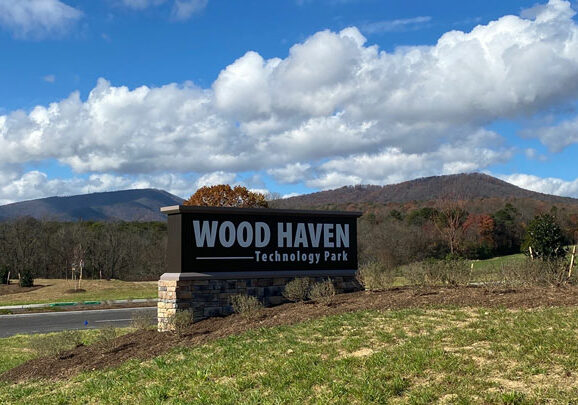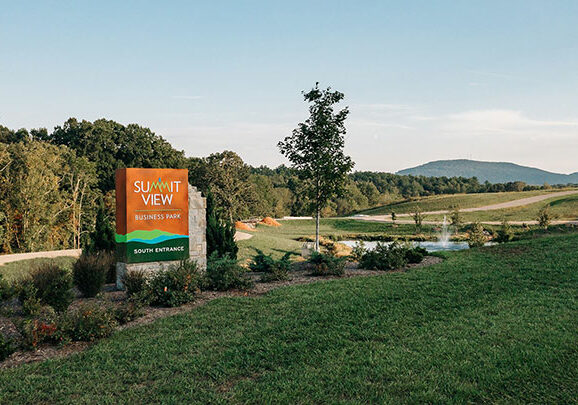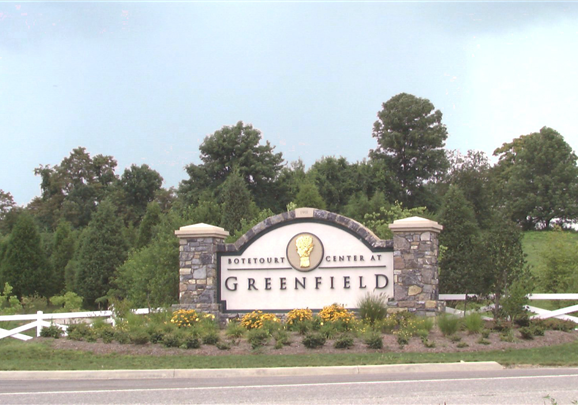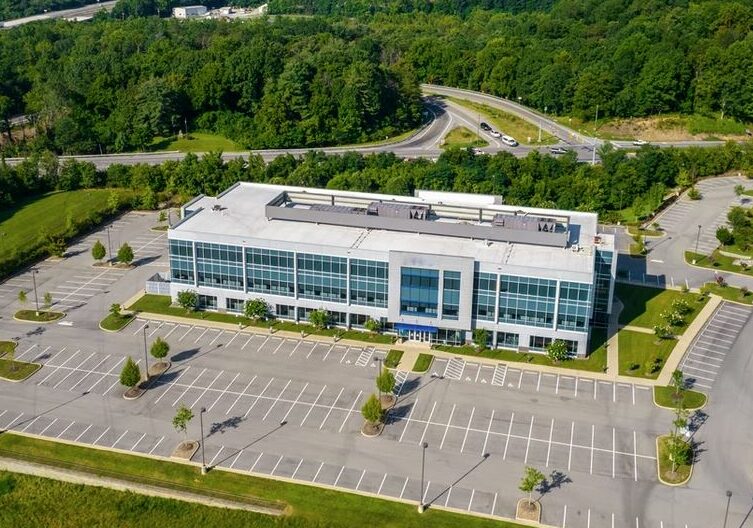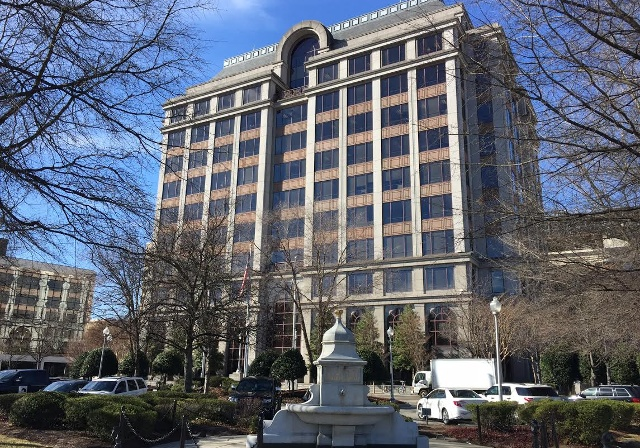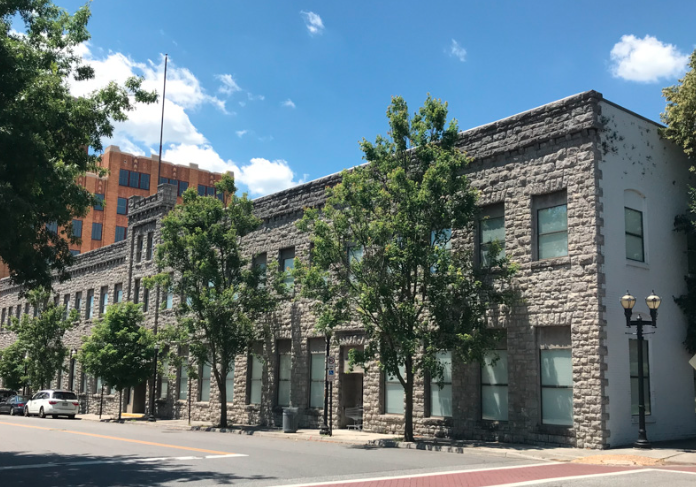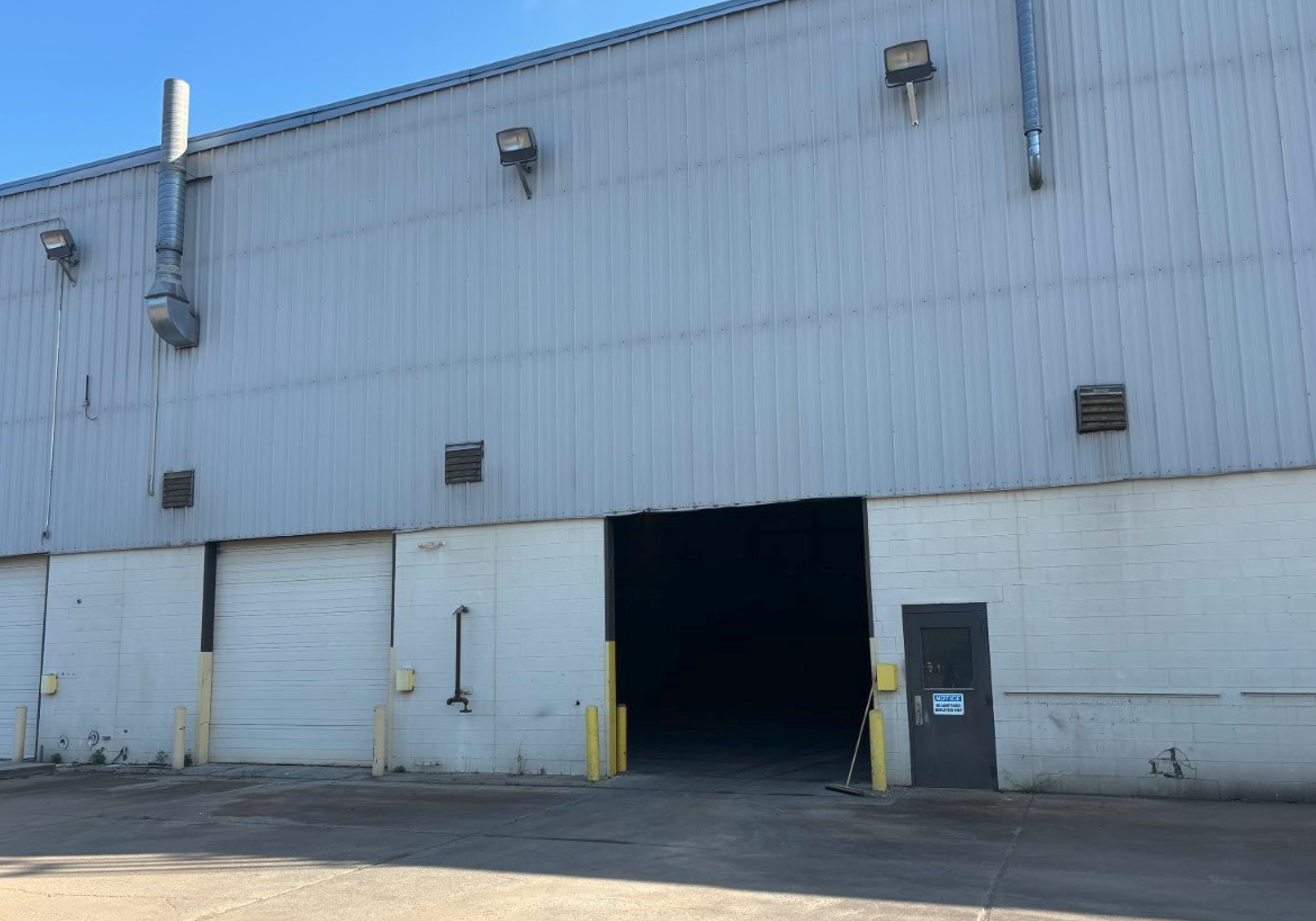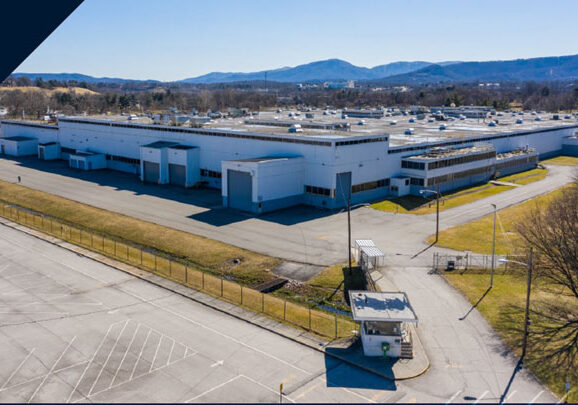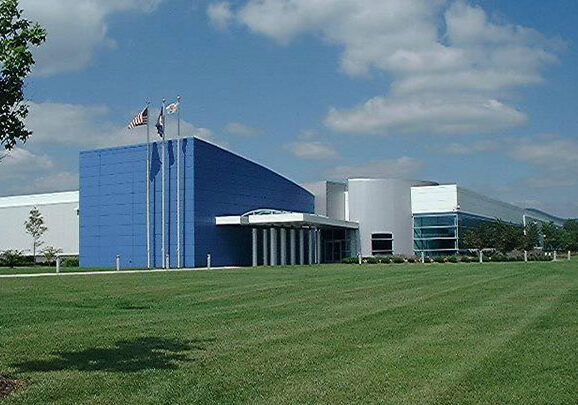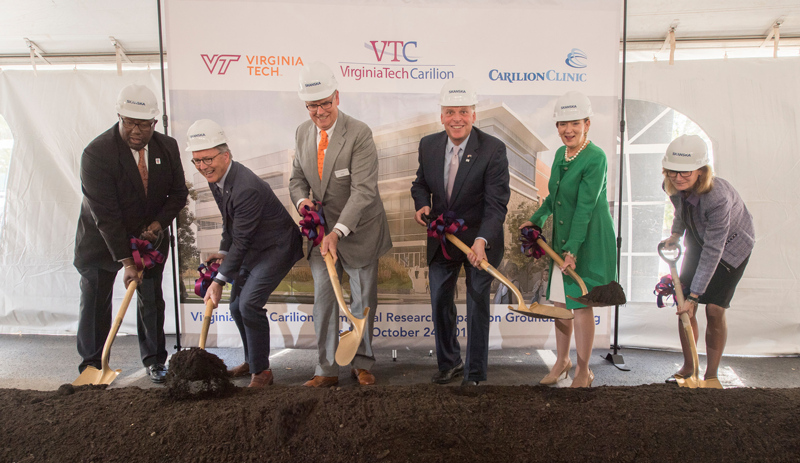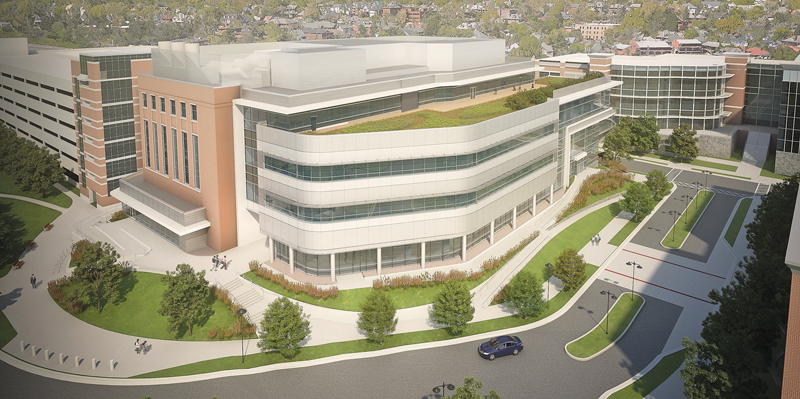Virginia Tech Carilion Breaks Ground on Biomedical Research Expansion
Governor Terry McAuliffe joined Virginia Tech and Carilion Clinic officials to begin construction on a new facility in Roanoke on Oct. 24 to expand biomedical research and provide enhanced experiential learning opportunities to students at all levels.
Known as the Virginia Tech Carilion Biomedical Research Expansion, the 139,000-gross-square-foot building will rise on the Virginia Tech Carilion Health Sciences and Technology Campus at Jefferson Street and Reserve Avenue.
The building will be physically connected via an elevated walkway to the Virginia Tech Carilion School of Medicine and Research Institute, which opened seven years ago.
The new building is an expansion on the success of the Virginia Tech Carilion Research Institute and will provide additional state-of-the-art research laboratories organized around interactive research themes, and infused with experiential learning environments.
“I congratulate Virginia Tech and Carilion Clinic for their commitment to biomedical research in our Commonwealth,” said Governor McAuliffe. “This new facility will allow scientists and clinicians to intersect and exchange ideas that will provide tremendous benefits to the people of Virginia and the world. We are building a foundation that will establish Virginia as a hotbed for cutting-edge companies that want to benefit from a world-class business environment and a highly trained technical workforce.”
Roanoke Mayor Sherman P. Lea pointed to the partnership as a wellspring of new business and educational opportunities in the seven-time All-America City.
In addition, Virginia Tech President Tim Sands, Carilion Clinic President and CEO Nancy Howell Agee, Virginia Tech Vice President for Health Sciences and Technology Michael J. Friedlander, and Carilion Clinic Executive Vice President Patrice M. Weiss spoke about rising expectations of the partnership.
A new era of progress
“In the first 10 years of the Virginia Tech-Carilion Clinic partnership, we created a research institute that makes a huge impact for its size, and we created what is regarded as one of the best research-oriented medical schools in the country,” Sands said. “More faculty members and students from Virginia Tech’s colleges will be involved in this next phase. Undergraduates and students pursuing higher degrees will increasingly come to the VTC Health Sciences and Technology Campus for opportunities to interact with world-class researchers and Carilion clinicians. Our efforts to translate the discoveries that are made in the HS&T partnership into companies and solutions, and to attract partners globally, are going to receive a tremendous boost.”
Officials say the new building is expected to be the next — not the last — product to spring from the Virginia Tech-Carilion Clinic relationship.
“Looking back more than 10 years ago, two aspirational conversations were happening in parallel — one at Carilion Clinic, one at Virginia Tech,” Agee said. “We began to think, ‘Wow, what if we do something together? And what might that look like?’ And I think that was the launch of something phenomenal. What we’ve gained from it is truly exponential and the biggest gains in terms of growth and service to the community are still ahead of us.”
Planners at AECOM have worked closely with Virginia Tech Carilion teams to design the VTC Biomedical Research Expansion to be a vibrant place for people to connect, brainstorm, and carry out leading biomedical research. It is being built, like the VTC Research Institute, on reclaimed industrial land.
Working on the inside
“A great deal of thoughtful discussion and envisioning the future have occurred over the last two years among the leadership of Virginia Tech and Carilion Clinic, biomedical research scientists at VTCRI and across the university, and physicians from Carilion Clinic and the VTC School of Medicine to identify the strategic areas on which to focus,” said Friedlander, who is also the founding executive director of the Virginia Tech Carilion Research Institute. “We arrived at some that are extensions of existing strengths — such as our efforts in brain research and cardiovascular science, and the growing area of infectious diseases and immunology — but a couple are taking us into new spaces.”
One new springboard area focuses on metabolism and obesity research. The work will address a number of health challenges throughout the United States in terms of obesity and metabolic disorders that can often lead to diabetes, heart disease, and a variety of related ailments.
Another emerging area in the VTC Biomedical Research Expansion involves biomaterials and body device interfaces.
“Next-generation biomaterials and devices including sensors and interfaces provide exciting areas for translational and transformational medical research,” Friedlander said. “Identifying and developing smart, compatible materials to implant in the human body to help heal tissues, and developing devices to monitor, modulate, or even functionally replace systems that have failed, represent exciting opportunities to enhance quality of life. These are strategic areas where laboratory discoveries can move into clinical application to address health care needs.”
Cancer studies will connect several primary focus areas including brain health and disorders, immunology and infectious disease and obesity and metabolic disorders, Friedlander said.
An enhanced collaboration with the Virginia-Maryland College of Veterinary Medicine, for example, will focus on comparative oncology where new treatments for cancers will be developed to help human patients as well as offering new treatments for companion animals that often develop some of the same or similar cancers as humans.
“By sharing the scientific insights of our people working in human, laboratory-based, and companion-animal medicine and science, we can converge on problems in cancer treatment,” Friedlander said, noting that Virginia Tech Translational Biology, Medicine and Health graduate students are already collaborating on translational projects with VTCRI scientists and Carilion physicians in areas such as sudden cardiac death, wound healing, addiction, traumatic brain injury and cancer.
An expectation for fresh talent
As for the new initiatives, people should expect new faces on the VTC Health Sciences and Technology Campus.“We continue to recruit additional faculty of the caliber of the
“We continue to recruit additional faculty of the caliber of the world class scientists who have been the vanguard of the Roanoke biomedical research enterprise at the VTC Research Institute,” Friedlander said.The metabolism and obesity research area, for example, will involve scientists from the new VTCRI Center for Transformative Research on Health Behaviors, the VTCRI Addiction Recovery Research Center, the
The metabolism and obesity research area, for example, will involve scientists from the new VTCRI Center for Transformative Research on Health Behaviors, the VTCRI Addiction Recovery Research Center, the department of Human Nutrition, Foods and Exercise in the College of Agriculture and Life Sciences; the department of psychology, the department of biological sciences and the School of Neuroscience in the College of Science; as well as physicians from the VTC School of Medicine’s department of family and community medicine, department of medicine, and the department of psychiatry and behavioral medicine.Similarly, the biomaterials and body-device interfaces research will engage faculty and students from the department of biomedical engineering and mechanics, the Bradley department of electrical and computer engineering, the department of computer science and the department of chemical engineering from the College of Engineering.
Similarly, the biomaterials and body-device interfaces research will engage faculty and students from the department of biomedical engineering and mechanics, the Bradley department of electrical and computer engineering, the department of computer science and the department of chemical engineering from the College of Engineering.In addition, computational, cognitive and molecular neuroscientists, and cardiovascular scientists from the VTCRI, as well as Carilion physicians and VTC School of Medicine faculty from the department of orthopaedic surgery and the department of surgery, including neurosurgeons and general surgeons, from the VTC School of Medicine will be involved.
In addition, computational, cognitive and molecular neuroscientists, and cardiovascular scientists from the VTCRI, as well as Carilion physicians and VTC School of Medicine faculty from the department of orthopaedic surgery and the department of surgery, including neurosurgeons and general surgeons, from the VTC School of Medicine will be involved.
